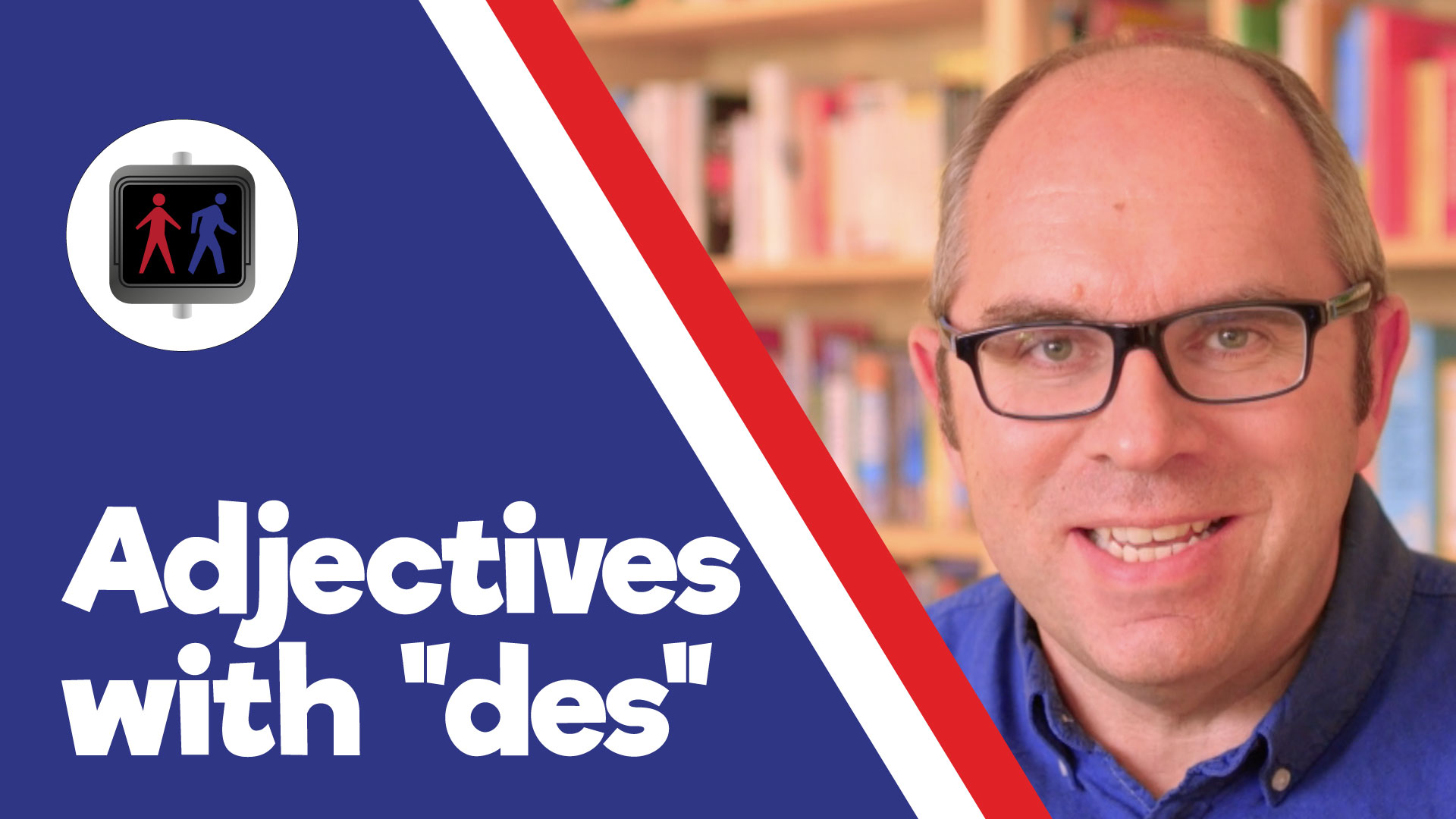The Coffee Break German team is back with a new series, the Coffee Break German Magazine. In each episode of this 10-lesson season for intermediate learners you can build your vocabulary, increase your understanding of grammar and learn to use the German language in a more natural way. This series follows on from Seasons 1 and 2 of Coffee Break German.
In the first episode of the series we’ll be focusing on a very important part of life in most German-speaking areas: Sunday night in front of the TV watching the crime series Tatort. We’ll listen to a text on this topic and then teacher Andrea and learner Mark will discuss the language in the text. Also included in the episode is our phone-in Q&A, and our “Sahnehäubchen” with Olivera in which we’re looking at the expression Nullachtfünfzehn.










